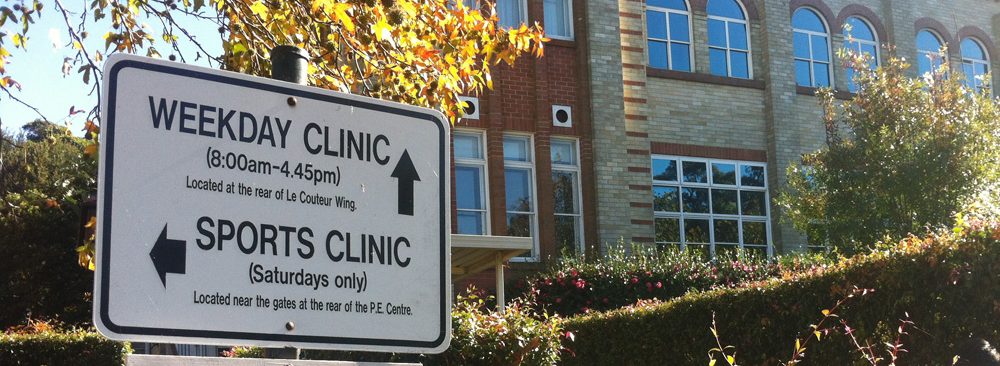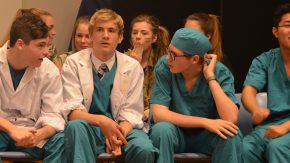What do you know about STIs?
The past decade has seen rates of sexually transmissible infections (STIs) increase in Australia. I recently attended a talk organised by our School Nurses group on this subject. Timmy a nurse from the Sexual Health Clinic at Macquarie Street brought us up to date with the current trends and info. It was a fun, interactive session and I think he learned a few things from us too!
The National Survey of Australian Secondary Students is carried out every six years. In 2008, the findings showed that knowledge of HIV is relatively high but that knowledge of STIs was poor. Young women had better knowledge than young men.
A quarter of Year 10 and half of Year 12 students admitted to having had sex. 69 per cent used a condom last time they had sex. Most students reported positive feelings towards sex.
Trends – 3 out of 4 15 -29 year olds will get an STI
STIs are either bacterial or viral. Some bacterial STI’s are chlamydia, gonorrhoea and syphilis.
Examples of viral STIs are Herpes, HPV and HIV/AIDS. Interestingly there has been a 90 per cent drop in genital warts in young girls since the introduction of the HPV vaccine. A growing STI in young people is Chlamydia. Chlamydia rates have quadrupled in the last decade with 80 per cent of cases being in the 15 – 29 year olds, so it’s important young people are made aware of STIs.
Common Symptoms of STI’s
- No symptoms so person is unaware that they have a STI
- Discharge from penis/vagina/anus
- Pain when urinating
- Bleeding between periods
- Rashes/sores /burning sensation in the genital area
- Testes/abdo pain – described as a deep pain in girls during sex, testes can be swollen, hot accompanied by a fever.
If left untreated STIs in males and females can lead to serious and painful health consequences, ranging from infertility to cancer. It’s a good idea to have regular sexual health check-ups once you start having sex, when you change sexual partners or start a new relationship.
TESTING – A simple urine test will test for common STI’s like chlamydia and gonorrhoea. No physical examination is required for these. A swab will test for other infections while a blood sample may be required for others.
TREATMENT – Bacterial STIs are treated with antibiotics eg Chlamydia is easily treated with the antibiotic Azithromycin in 2 doses of 500mg tablets.
PREVENTION – Other than not having sex at all, condoms offer the best protection from STIs. They should be used with a water-based lubricant to help prevent breakage.
The good news is that Sexual Health Clinics are located throughout Sydney, are FREE and do not require a Medicare card, but they cannot provide contraception advice. All information is confidential. You could also see your Doctor or Family Planning Clinic.
For more info contact the NSW Sexual Health Infoline 1800 451 624
Margaret Bates
School nurse






